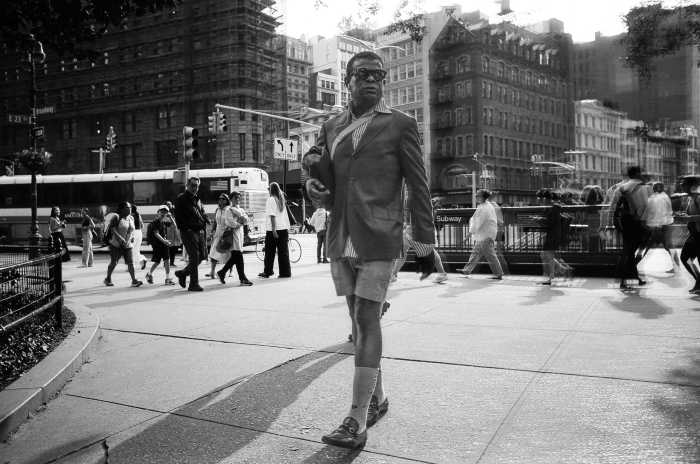The lower court’s decision approving a 1.4-million-square-foot shopping mall at Citi Field does not inspire judicial confidence (“Judge nixes Willets suit,” Aug. 22-28).
The court held a mall on parkland will not result in an alienation or removal of parkland because the property is only being leased to the developers. Ignored and not mentioned at all is the so-called lease for 99 years.
The notion that there is a distinction between a 99-year lease of public parkland and a sale, with the result that by virtue of the lease the city retains control over the property, is devoid of reality and common sense. The city has no expertise in operating a shopping mall, nor will it in any meaningful manner exercise control over the property.
For all practical purposes, it is a sale and should have been viewed as such.
The court held the stadium lease on parkland provided the city “notwithstanding any other provision of law, general, special or local” could “from time to time enter into contracts, leases or other rental agreements, etc.,” as a result of which the Uniform Land Use Review Procedure did not apply to the mall.
ULURP was not the law when the stadium agreement was entered into in 1961, and the notion its language clearly applied to laws not then in existence does not make sense and would come as a complete surprise to legislators that they had for infinity given up their legislative prerogatives.
The ULURP legislation did not contain any grandfather clauses excluding from its requirements pre-existing laws that would for all practical purposes make ULURP inapplicable.
The notion that a shopping mall on parkland “will serve the public purpose of improving trade or commerce” is nonsense. Receiving a $99 million subsidy, a close to a $50 million tax abatement and Willets Point property worth about a billion dollars for $1 makes it clear the only purpose a shopping mall will serve is to line the pockets of the billionaire developers.
Perhaps the most egregious part of the lower court’s decision is that it bought into the developers dog-and-pony show that without the mall the public will not benefit from the removal of “urban blight from Willets Point.”
Apart from the fact that that argument had no legal relevance to the issues before the court, the public will recall to the extent that there was any blight it was caused by the city that collected sewer rent notwithstanding there were no sewers and collected real estate and other taxes and failed to repair the area’s infrastructure.
The public will also recall that even though the court chose to ignore it, the developers accepted the 2008 approved Willets Point plan, which did not include a shopping mall. If they were acting in good faith, they could have proceeded with that plan and the so-called blight obliterated. They did not do so because they never intended to do so and had other plans in mind.
The mall had nothing to do with the 2008 Willets Point plan and the court should have understood that.
It should be noted that in support of its claim the city retained control over the parkland — a lease and not a sale — the court pointed out the developers “will be penalized $35 million and the remediated property [Willets Point] can be taken back by the city and given to another developer.”
That is what will occur. Greedy as the developers are, they are not stupid. They are billionaires who sole interest is the shopping mall and not Willets Point. Affordable housing is a money loser, and since $35 million is pennies to the developers, they will walk away and, as the court pointed out, other developers can seek the job.
Since affordable housing has been placed on the back burner until 2025, some 17 years after the approved 2008 plan, even with a new developer generations will have transpired before Willets Point will have been remediated, if at all. As a result, there will be winners and losers. The public will be the loser and the winner will be the developers who will have the shopping mall, which was all they cared about to begin with. In failing to recognize this, I believe the court was short-sighted.
The matter will now proceed to the appellate level, and one hopes the five state Supreme Court justices on that bench will see the issues more clearly and let right be done.
Finally, fault lies in a City Council that delivered to billionaire real estate developers the keys to the city treasury, consistently short changed and trampled upon the integrity of Flushing Meadows Corona Park and views real estate interests as their true constituents and the little people be damned.
This sordid saga does not inspire confidence in good government.
Benjamin Haber
Flushing

































